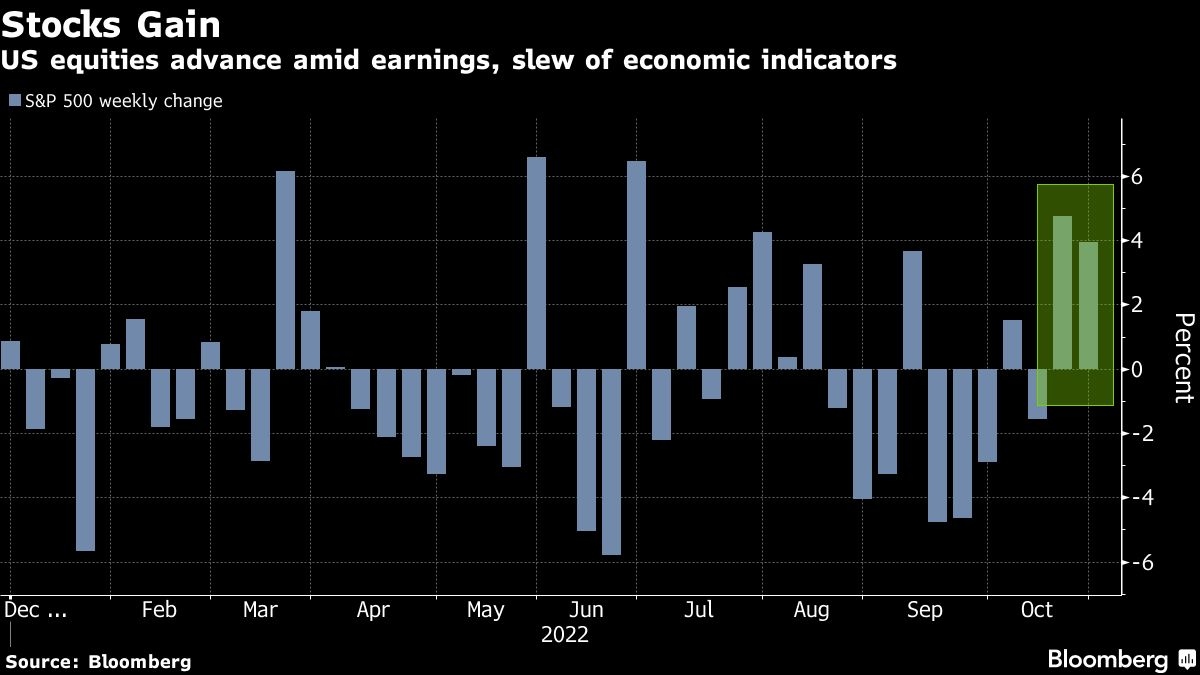Oct 31, 2022
Morgan Stanley's Wilson says end of Fed tightening nearing
, Bloomberg News
Federal Reserve Rates Seen at 4.5%-5% Range in Much of 2023: Kroszner
The end of the Federal Reserve's campaign to raise interest rates is approaching, according to Morgan Stanley strategist Michael Wilson, who until recently was a prominent stock market bear who correctly predicted this year's slump in equities.
Indicators including the inversion of the yield curve between 10-year and three-month Treasuries -- a recession indicator with a perfect record -- “all support a Fed pivot sooner rather than later,” Wilson wrote in a note on Monday. “Therefore, this week's Fed meeting is critical for the rally to continue, pause or even end completely.”
All eyes will be on the U.S. central bank, which is widely expected to raise rates by 75 basis points on Wednesday for a fourth time, while investors will be dissecting Chair Jerome Powell's commentary for guidance on future moves. U.S. stocks have rallied over the past two weeks as traders parsed economic indicators for signs of the impact of Fed tightening, even as Big Tech earnings disappointed.

“This kind of price action isn't unusual toward the end of the cycle particularly as the Fed moves closer to the end of its tightening campaign, something we think is approaching,” said Wilson, who was ranked the best portfolio strategist in the latest Institutional Investor survey. The rally will hold up until the next 12-month earnings-per-share estimates pull back more meaningfully, he said.
Separately, Goldman Sachs Group Inc. strategists said the potential down shift in the pace of Fed tightening, coupled with light positioning and anticipation of strong fourth-quarter seasonality is behind the lift for equity markets in recent weeks.
“In 17 bear-market rallies since 1970, the S&P 500 rose by an average of 15 per cent over 44 days,” strategists led by David Kostin wrote in a note.
The Morgan Stanley strategists expect the S&P 500 to rally to 4,150 points, about a six per cent gain from Friday's close, amid their short-term bullish call. They use 3,700 as their trailing stop loss level. Last week, Wilson said the bear market is likely to end sometime in the first quarter.
For UBS Global Wealth Management, a Fed pivot is unlikely given the very high level of U.S. inflation.
“We expect the Fed to keep hiking aggressively until the official data shows inflation is receding,” strategists led by Mark Haefele wrote in a note. “Even when the Fed finally does stop raising rates, it's worth remembering that monetary policy is likely to remain at restrictive levels for some time.”






